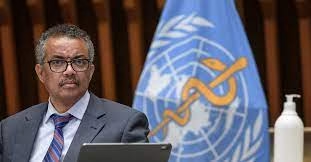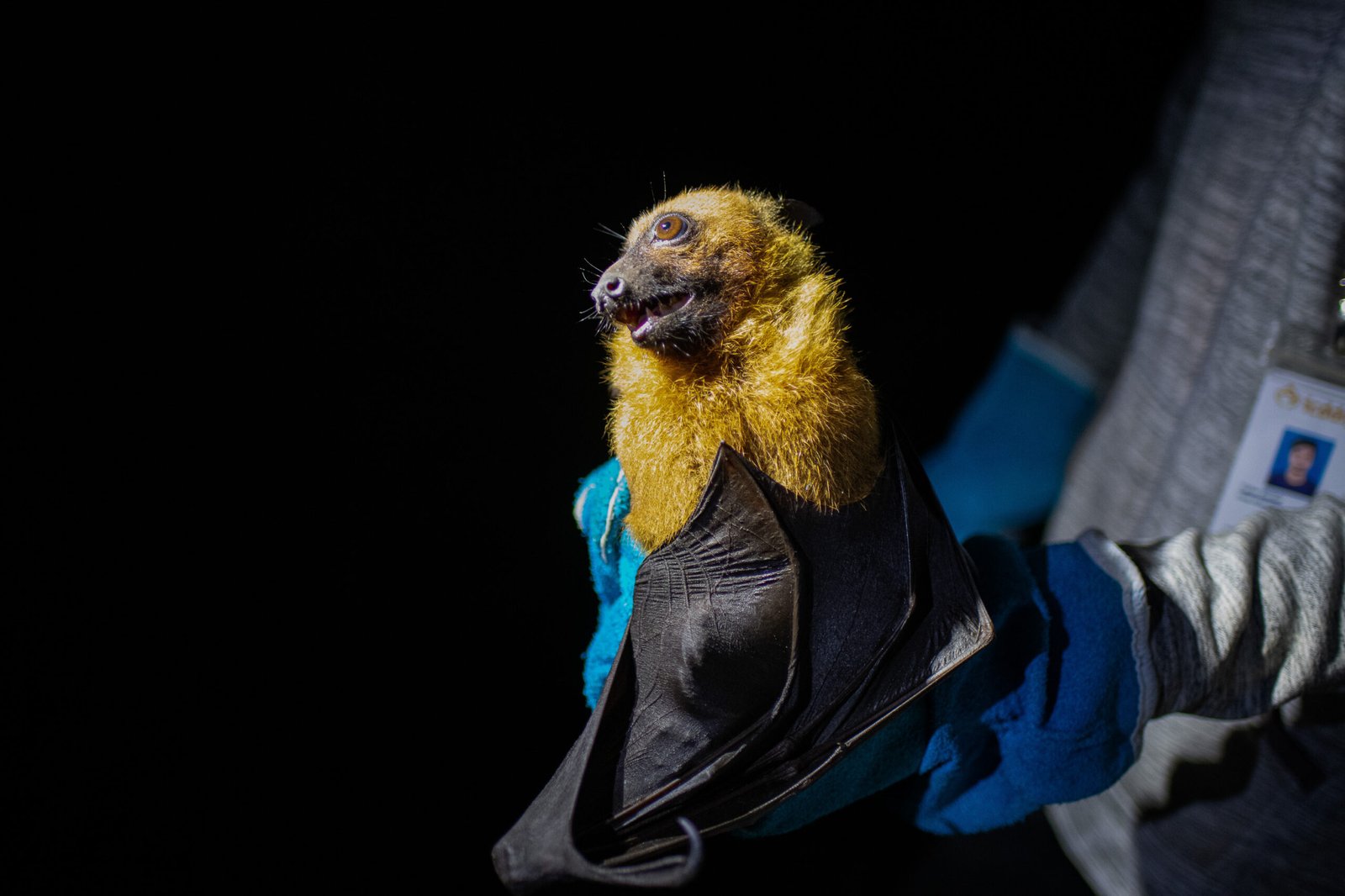World Health Organization (WHO) chief Tedros Adhanom Ghebreyesus has warned that history will not forgive countries if they fail to finalize a global pandemic treaty, with negotiations nearing their final stage.
Speaking at the close of the penultimate round of talks in Geneva, Tedros acknowledged progress but stressed that time was running out, with only five formal negotiation days left from April 7-11 before the WHO’s annual decision-making assembly in May.
“You are so close. Closer than you think. You are on the cusp of making history,” he told negotiators, urging them not to let minor disputes over wording or percentages derail the treaty.
U.S. Withdraws from Talks
The negotiations have been overshadowed by the United States’ decision to withdraw from the discussions, reviving concerns over global unity. However, European diplomats remain optimistic, with WHO emphasizing that a successful agreement would be a “sign of hope” for multilateral cooperation.
Despite the slow progress, countries have agreed to hold informal meetings in March to resolve key disputes, particularly over sharing access to pandemic-related pathogens and benefits like vaccines and treatments.
African and Asian nations remain committed to finalizing the treaty, with Eswatini, speaking for 49 African countries, stating: “We are ready to burn the midnight oil.”
Calls for Transparency
Civil society groups monitoring the talks have expressed frustration over the pace, urging a foundational agreement that can be strengthened over time. Some advocates have also called for WHO to increase transparency by webcasting closed-door negotiations to counter misinformation about the treaty.
Tedros dismissed false claims that the agreement would surrender national sovereignty to the WHO, reiterating its goal of ensuring global health security.
With geopolitical tensions and rising nationalism complicating negotiations, the coming weeks will be critical in determining whether the world can agree on a unified pandemic response framework.



